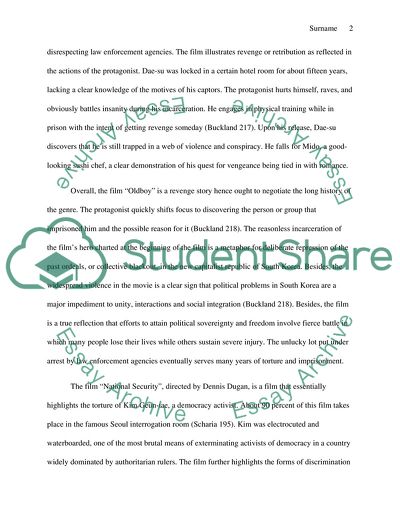Cite this document
(South Korean Films Assignment Example | Topics and Well Written Essays - 1500 words, n.d.)
South Korean Films Assignment Example | Topics and Well Written Essays - 1500 words. https://studentshare.org/visual-arts-film-studies/1872151-choose-one-topic-from-5
South Korean Films Assignment Example | Topics and Well Written Essays - 1500 words. https://studentshare.org/visual-arts-film-studies/1872151-choose-one-topic-from-5
(South Korean Films Assignment Example | Topics and Well Written Essays - 1500 Words)
South Korean Films Assignment Example | Topics and Well Written Essays - 1500 Words. https://studentshare.org/visual-arts-film-studies/1872151-choose-one-topic-from-5.
South Korean Films Assignment Example | Topics and Well Written Essays - 1500 Words. https://studentshare.org/visual-arts-film-studies/1872151-choose-one-topic-from-5.
“South Korean Films Assignment Example | Topics and Well Written Essays - 1500 Words”. https://studentshare.org/visual-arts-film-studies/1872151-choose-one-topic-from-5.


